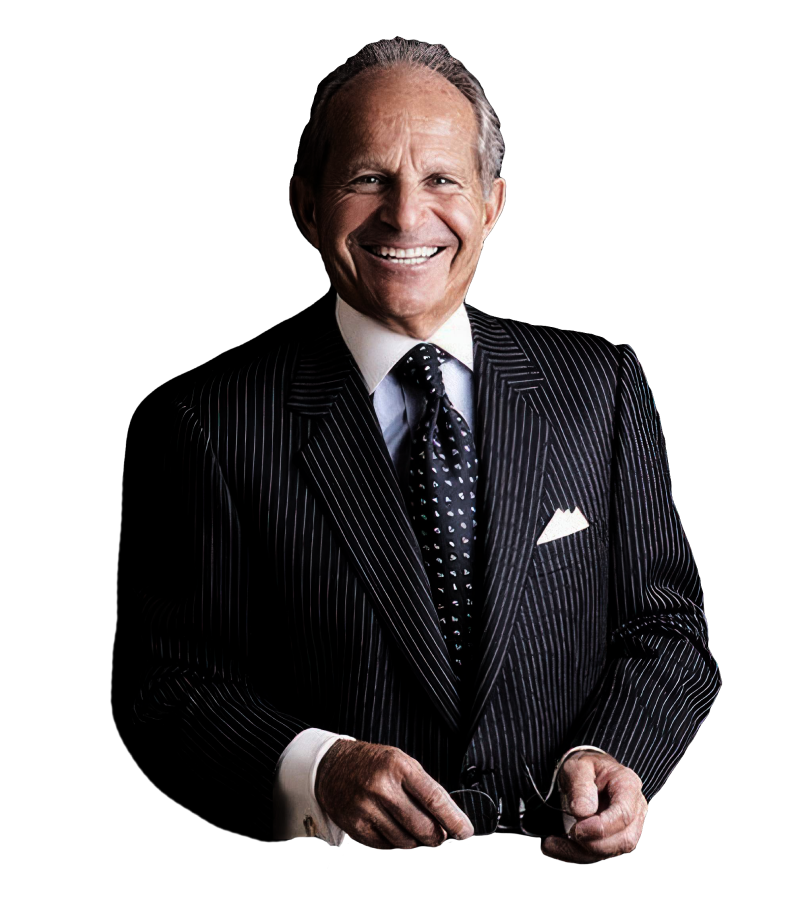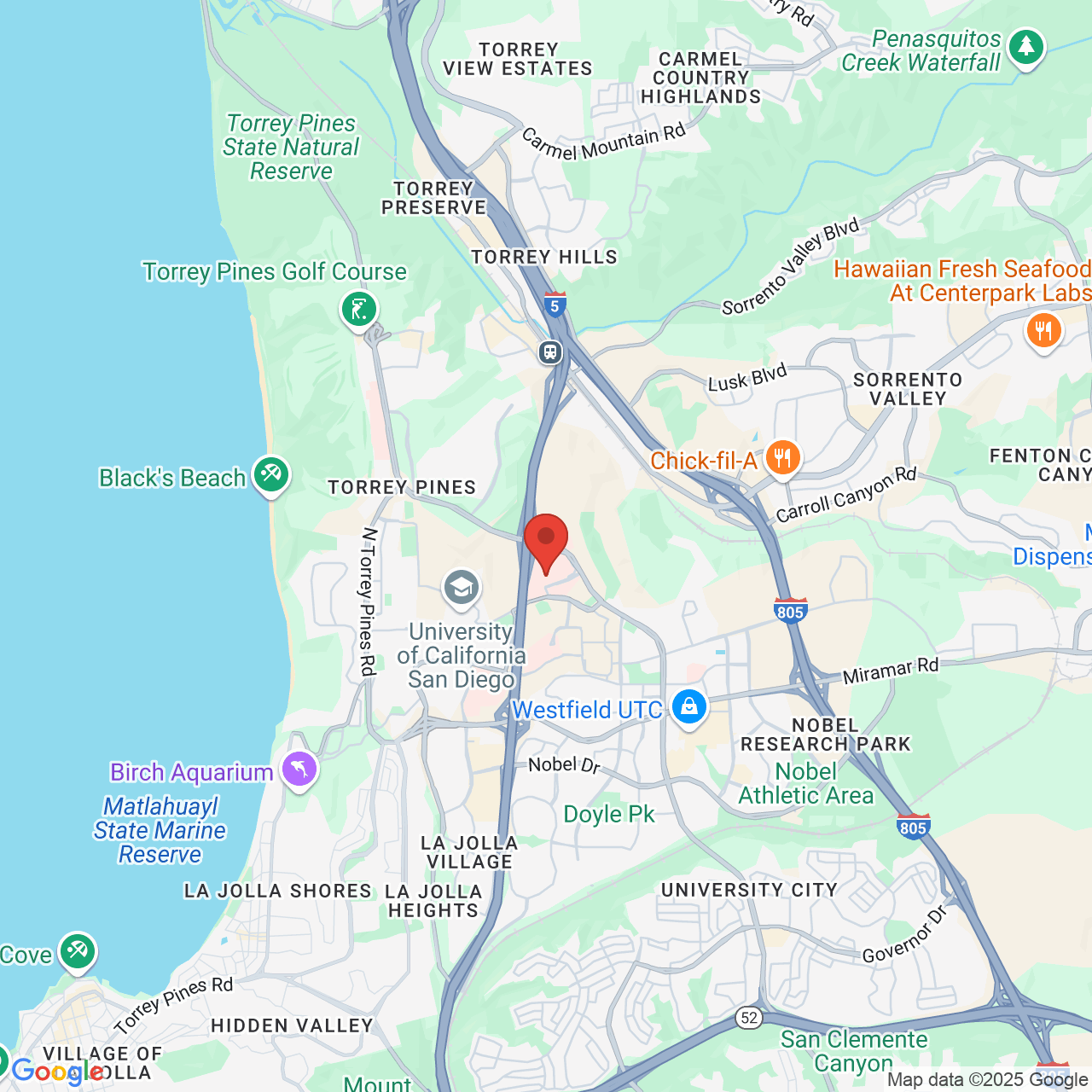Breast Lift
The vast majority of women cite breast sagging as the main reason why they dislike the appearance of their breasts. Sagging can occur at any age, and once it happens, no amount of exercise will firm the skin or raise breast position. A breast lift (mastopexy) is the only way to treat flat, drooping breasts. During mastopexy, your surgeon removes excess skin and raises areolas so they sit higher on the chest. This process reshapes the breasts, making them rounder, firmer, and pert.
What Causes the Breasts to Sag?
Breasts may sag for many reasons. Some women are genetically predisposed to develop breasts that are more oblong than round. Women also frequently notice sagging breasts due to the effects of pregnancy or weight gain. Both of these factors can cause the breasts to grow by two or more cup sizes; when breasts then lose the volume from weight loss, stretched skin remains, making the breasts look deflated. Mastopexy is, therefore, a core part of mommy makeover surgery or for patients who have sagging breasts and have not been pregnant. Certain lifestyle habits, like exercising without proper breast support, smoking, and tanning can also prematurely age breast tissue and may also contribute to sagging.
In mature women, breast sagging arises due to changes in estrogen and collagen levels. When estrogen levels drop following menopause, breast volume decreases, particularly in the upper portion. As a result, the breasts begin to look flat on top. Compounding this issue, gradual changes to connective tissue deprive the breasts of their natural support. Bands of tissue called Cooper’s ligaments that help breasts maintain their shape slowly stretch out due to the combined effects of gravity and collagen depletion. Women with large, heavy breasts may notice the effects of this stretching as early as their mid-twenties.

Before & After Photos
Interested in having a breast lift? View our gallery of mastopexy patient results to see why Dr. Robert Singer is the right choice!
Breast Lift Results
Though the results of breast lift surgery vary from patient to patient, the vast majority of women report being highly satisfied with their mastopexy. According to the American Society of Plastic Surgeons (ASPS), breast lift surgery has an overall patient satisfaction rate of 96%. Furthermore, 93% of women said that their confidence was improved following breast lift surgery.
The changes in breast shape created by mastopexy are generally permanent. However, patients who have this procedure at a young age may notice some natural breast sagging later in life. Revision surgery can be provided to enhance the results of your initial procedure if this occurs. Patients are also advised to wait until they are done having children and losing weight before they have breast lift surgery. Pregnancy and weight loss can create additional loose skin and compromise the results of your mastopexy. If you plan on future pregnancies after your procedure, inform Dr. Singer of your plans.
How Breast Lift Surgery Corrects Sagging
Mastopexy is a highly adaptable procedure that can be used to correct any grade of skin laxity, from mild to severe. Breast lift surgery is also frequently used to make the breasts more even, reduce the size of disproportionately large areolas, and can be performed in conjunction with correction of inverted nipples, or reduction of excess nipple projection.
However, mastopexy does not increase the size of the breasts. Women who wish to correct any of the issues above while increasing volume can elect to have a combined breast lift and breast augmentation surgery. Performing both of these procedures at the same time shortens the patient’s total recovery period and lowers the overall cost of surgery. On its own, mastopexy decreases the size of the breasts slightly. For a significant decrease in breast volume, patients must have a true breast reduction surgery.
To treat mild breast sagging, Dr. Robert Singer uses either the crescent lift or peri-areolar lift (donut technique). With the crescent lift, he makes an incision around the upper half of each of the patient’s areolas, removes a small amount of excess skin, and lifts the areolas. When using the peri-areolar technique, he makes an incision around the entire circumference of each of the patient’s areolas. This allows him to remove more excess skin and reduce the size of the areolas if desired. Both the crescent and peri-areolar techniques have the advantage of producing little visible scar tissue. After the patient’s scars fade, they will usually be disguised by the ring of lighter tissue that naturally surrounds the areola.
To treat moderate to severe drooping, Dr. Singer uses the vertical lift or the anchor lift technique. During a vertical lift, a second incision is made down the lower half of each breast to facilitate the removal of a significant portion of skin. An anchor lift is similar to a vertical lift, but it involves the placement of additional incision, which Dr. Singer hides in the inframammary fold. Anchor lifts are usually reserved for use on larger-breasted women, who typically require more extensive breast reshaping to achieve a rounded, perky look.

Schedule a Breast Lift Consultation with Dr. Robert Singer in San Diego, California
If you’re not satisfied with the appearance of your breasts, Dr. Singer can help you choose the right treatments to meet your cosmetic goals. Call our La Jolla, San Diego plastic surgery center at 858-455-0290 to arrange your consultation.
We look forward to helping you feel more confident and comfortable in our personalized, compassionate surgical care.
Frequently Asked Questions
Can a breast lift be combined with other procedures?
A breast lift is often performed in conjunction with other procedures, such as breast augmentation, breast reduction, body contouring.
Can I breastfeed after a breast lift?
There is no way of determining if you will be able to breastfeed after a breast lift. Some women cannot breastfeed regardless of whether or not they had breast surgery.
Can I undergo more than one breast lift procedure?
While a breast lift provides an effective lifting and firming of the breasts that may last for many years, certain factors, such as aging, weight gain/loss, pregnancy, and gravity can cause the tissues to weaken and the breasts to sag again, at which time you may choose to undergo another breast lift.
What risks and side effects are associated with mastopexy?
As with any surgical procedure, complications from a breast lift may occur, but are unlikely. Some of the risks and side effects associated with breast lift surgery include infection, negative reaction to anesthesia, delayed healing, bleeding, prominent scarring, uneven nipples, decreased breast sensation, and breast asymmetry. Every effort is made to make the procedure as safe as possible and limit the risks of problems and complications. Choosing a certified and experienced plastic surgeon like Dr. Singer and following all instructions will increase the likelihood of having a safe and successful procedure.
Is there noticeable scarring?
Unfortunately you cannot achieve a breast lift without an incision. Any time you make an incision, there is a scar. Scarring is noticeable with breast lift surgery, but fades with time. Dr. Singer will use the shortest incisions that will accomplish the desired result. The incisions are placed in areas that can be concealed while wearing a bra or bathing suit. Most patients report that the results of cosmetically improved breast shape and position are well worth the scars.
Can exercise alone tighten and lift the breasts?
In general, exercise is good for the mind and body and can increase muscle bulk, which can make skin look a little tighter, but exercise cannot actually tighten the breast skin or lift the breasts. Currently, only surgery can effectively and reliably accomplish that.
How long does the procedure take?
The procedure can take one to three hours to complete, depending on the method being used.
Where will the surgery be performed?
Usually the procedure is performed as an outpatient in the Singer Surgical Centre, an American Association for Accreditation of Ambulatory Surgery Facilities (AAAASF) fully accredited office-base surgical facility.
What is the recovery period like?
Recovery time depends on the individual and the extent of the procedure, but usually follows a general pattern. The first few days are the most uncomfortable, but pain and discomfort can easily be controlled with prescribed medications and will soon decrease. Bruising and swelling may persist for several weeks. The results will continue to improve for up to one year. The discomfort is initially greater if an implant is placed behind the chest muscle (pectoralis) at the time of the breast lift.
When can I return to work and strenuous activity?
While most patients can begin their return to daily activities (such as driving, light housework, a desk job, and shopping) within 1-2 weeks, you should refrain from exercise, strenuous activity, and heavy lifting for the first 3 weeks.
How long do the results last?
The results of a breast lift vary depending on each individual patient. Most patients enjoy firmer, more youthful breasts for years, but certain factors, such as aging, weight gain/loss, pregnancy, and gravity can cause the tissues to weaken and the breasts to sag again.
Does a breast lift surgery enlarge your breasts?
By lifting and firming up the breasts, a breast lift (mastopexy) may make them look firmer, but generally not larger. In patients who desire fuller breasts, implants can be inserted at the same time, which will make them larger.
What should I expect during breast lift surgery?
At the Singer Surgical Centre, breast lifts are usually performed under general anesthesia, which is administered and monitored by a board certified anesthesiologist. This means that you are asleep and comfortable through the entire procedure. There are variations as to how this procedure can be performed. Typically the procedure includes: Excess breast skin is removed, the areola is repositioned to a higher position, the underlying loose tissue is contoured, and the incisions are meticulously closed in layers with sutures. If breast volume has decreased, breast implants may be placed to enhance the size and shape of the breasts.
What are the breast lift variations that are available?
Based on your concerns, preferred outcome, and individual anatomy (breast size, shape, and extent of tissue elasticity), Dr. Singer will use the shortest incisions that will help accomplish the desired result. Utilizing a minimal incision when there is significant amount of laxity is fraught with significant problems. The following are the options for improvement, which may be performed alone or in conjunction with a breast implant augmentation:
- “Crescent Lift”: For very mild degrees of descent of the areola or to improve a small amount of nipple/areolar position asymmetry, only a crescent shaped incision placed at the top of the pigmented portion may be all that is necessary. This is often done in conjunction with the insertion of a breast implant.
- “Doughnut Mastopexy”: A modest amount of laxity requires a greater amount of lifting which in some patients may be nicely improved with a circular incision around the areola (leaving the nipple attached to the underlying tissue).
- ”Lollipop Mastopexy”: If greater lifting is required and more loose skin has to be removed, then there will also be a need for a vertical scar extending downward from the nipple-areola resulting in a scar that will be a circle around the edge of the areola with a line downward to the infra-mammary fold.
- “Anchor Mastopexy”: When the breast relaxation is more severe, there may also be a horizontal scar from side-to-side under the breast, so the scar will be a circle with a line down and then a curved line under the breast.
What is a breast lift?
A breast lift is a surgical procedure that elevates the position of the breasts. This surgery is designed to lift sagging breasts to a more youthful, aesthetic position upon the chest.
Who is a good candidate for a mastopexy?
Women best suited for a breast lift procedure:
- Sagging or loss of volume in the breasts
- Stable weight
- Good overall health
- Realistic expectations
- Non-smoker


